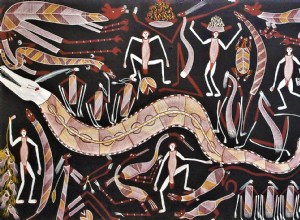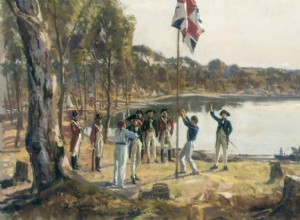Jandamarra and the Bunuba Resistance Jandamarra was the leader of a revolt against the Australian police in the 1890s. During this time, pastoralists aimed to colonize the land of Bunuba. They are Aborigines from the Kimberley region. In 1894, Jandamarra went into ambush for some European cattle




